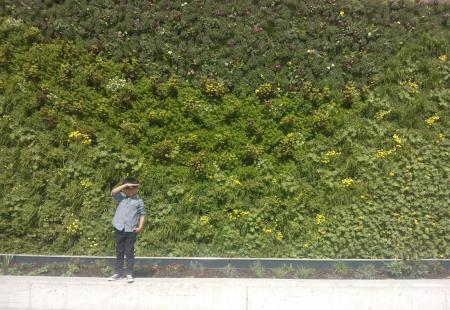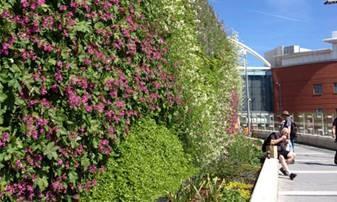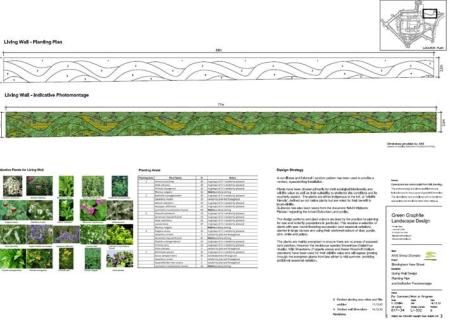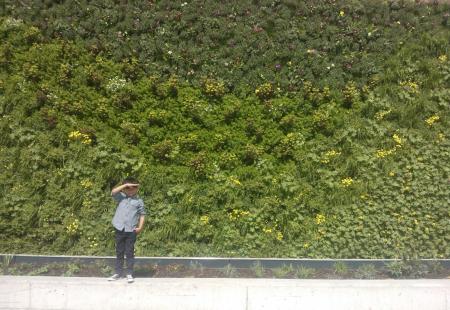
Area characterisation:
The site is in the centre of Birmingham, a highly populated city located in the English midlands.
Objective:
To convert an energy intensive system of heating, cooling and ventilation, which was poorly maintained and controlled into a modern, green, sustainable development while adhering to stringent rail standards.
Images
Financing:
Funding came from the local council and Advantage West Midlands.
Potential impacts/benefits:
|
|
Potential impacts/ benefits |
|||
|
Challenges addressed |
Enhancing sustainable urbanisation |
Restoring ecosystems and their functions |
Developing climate change mitigation |
Developing climate change adaptation |
|
Climate resilience |
|
|
· More energy efficient buildings · Reduction of energy in the production of new buildings and building materials |
|
|
Urban Regeneration |
· Changing image of the urban environment |
|
|
|
|
Green Space management and enhancing/conserving urban biodiversity |
· Improve air quality · Increase well being |
· Increase biodiversity |
|
|
|
Water management |
· Reduce cost for water treatment |
|
|
· Reduce run-off · Reduce load to sewer system |
Actions:
Network rail worked with a number of designers and regulatory bodies to create a station that would achieve a BREEAM rating of ‘Very Good’. The completed station includes, low energy LED lighting, efficient water spray taps to conserve water, combined heat and power, natural ventilation where possible and rainwater harvesting which provides 60% of toilet flushing demand. Alternative materials such as carpet tiles with yarn made from recycled fishing nets were incorporated and waste was designed out and reused where possible.
Network rail also worked with ecologists, which led to the creation of a 325m² green wall using 25 different plant species along the Moor Street link to the station and a green roof on and the adjacent accommodation building.
The project also created its own project procurement policy to ensure legal and responsible sourcing of materials. The trains were used to carry material to the site to reduce the need for carbon intensive lorries.
Transferability of result:
Can be used for other train stations in need of regeneration.
Lessons learnt:
The project was successful because sustainability was thought about before the designs were drawn up.
It is important to keep all stakeholders involved from start to finish and keep continuous communication throughout.
Organisations:
The carbon Trust,
WRAP (Waste and Resource Action Programme)
NISP
Mace
Department for Transport
Birmingham City Council
Centro
Network rail
Client:
Network Rail
Design team:
Mace
Qsustain
Contacts:
info@wenp.org.uk
Awards:
Runner up - UK GreenBuild 2013
UK National Rail Industry Awards 2014 – Award in Environment & Sustainability
Winner – Award for Excellence in Sustainability at the Greater Birmingham Chamber of Commerce Awards.
Runner up – Environment and Energy Awards 2015
Runner up – Sustainability Leaders Awards 2015
NBS goals:
- Enhancing sustainable urbanization
- Developing climate change mitigation
- Urban regeneration through nature-based solutions
- Nature-based solutions for increasing the sustainable use of matter and energy
NBS benefits:
- Reduce load to sewer system
- Reduce run-off
- More energy efficient buildings
- Reduction of energy in the production of new buildings and building materials
- Increase Biodiversity
- Changing image of the urban environment
- Improve air quality
- Increase well-being
- Reduce costs for water treatments


